|
The signing ceremony of the Hanoi Convention, which took place from October 25-26, was the first time Vietnam hosted a signing ceremony of a United Nations convention. (Source: Pexels) |
In October 2025, Hanoi will host the signing ceremony of the United Nations (UN) Convention against Cybercrime, or the Hanoi Convention, with the theme “Combating Cybercrime – Sharing Responsibility – Looking Forward”. This is the first comprehensive international legal document in this field, marking an important step forward in global cooperation to respond to non-traditional security threats.
The Convention, which consists of nine chapters with 71 articles, criminalizes acts such as unauthorized access to information and communications technology (ICT) systems, online fraud, online child exploitation, and money laundering from criminal proceeds. It also establishes mechanisms for international cooperation on investigation, extradition, data sharing, and protection of human rights in cyberspace.
Strengthening cooperation to respond to new threats
Dr. Jeff Nijsse, Senior Lecturer in Software Engineering at RMIT University Vietnam, said the Hanoi Convention reflects Vietnam's increasingly prominent role in the global fight against cybercrime.
According to him, being chosen as the venue for the signing ceremony of the Convention shows that Vietnam is becoming a country of strategic importance.
“Vietnam has risen to the top of the Global Cybersecurity Index (GCI) 2024 rankings, with a near-perfect score. This reflects the rapid maturation of the national cybersecurity system,” the expert said.
Dr. Nijsse highly appreciated the modernity of the Convention, especially the inclusion of digital assets/virtual assets in the definition of property. For him, "this is a very welcome new point because it identifies cases of cryptocurrencies being abused by cybercriminals in acts of extortion using malware or money laundering". In addition, the development of clear regulations on assets helps to remove legal ambiguities in previous documents, while creating a basis for law enforcement agencies to trace and confiscate cryptocurrencies originating from criminal acts.
He also appreciated the Convention's requirement for each country to designate a 24/7 contact point to assist in urgent investigations and to make cybercrimes extraditable, in order to prevent criminals from evading justice by crossing borders.
|
Dr. Jeff Nijsse (left) and Dr. Sreenivas Tirumala (Source: RMIT) |
Protecting vulnerable groups and building capacity to combat cybercrime
Dr. Sreenivas Tirumala, Lecturer in Cyber Security at RMIT Vietnam, pointed out that the global damage caused by cybercrime is expected to reach 10.5 trillion USD by 2025, according to Cybersecurity Ventures . In that context, the Hanoi Convention is expected to contribute to protecting the global digital economy through the application of international standards, promoting safe use of the Internet and enhancing trust.
“The Convention promotes shared responsibility, capacity building and international cooperation towards a safer digital future. The Convention named after the capital city of Hanoi focuses on Supporting developing countries is also expected to bring technical assistance, training opportunities and capacity building to young people in Vietnam, contributing to narrowing the gap in cybersecurity skills,” experts believe.
|
The Hanoi Convention is a landmark in global efforts to combat cybercrime, providing new tools to protect vulnerable groups and strengthen the digital economy. |
Vietnam has been making efforts to combat cybercrime, but the number of cases is still increasing due to rapid digitalization. Reports have provided clear evidence of vulnerable groups such as children and adolescents being exploited through social media. Therefore, Dr. Tirumala emphasized the importance of the Convention in protecting vulnerable groups, especially adolescents, from the risk of exploitation or abuse through social media.
“The Convention provides a framework for Vietnamese policymakers and legislators to use to strengthen domestic laws and enforcement mechanisms to protect vulnerable groups,” Dr. Tirumala affirmed.
It can be said that as the Convention moves towards ratification and entry into force, Vietnam will have the opportunity to translate its diplomatic leadership into practical impact. Aligning domestic laws with international standards and promoting inter-sectoral cooperation will help Vietnam create a safer digital environment for people in the country and across the region.
Source: https://baoquocte.vn/cong-uoc-ha-noi-buoc-tien-quan-trong-trong-hop-tac-toan-cau-nham-ung-pho-voi-cac-moi-de-doa-an-ninh-phi-truyen-thong-331592.html


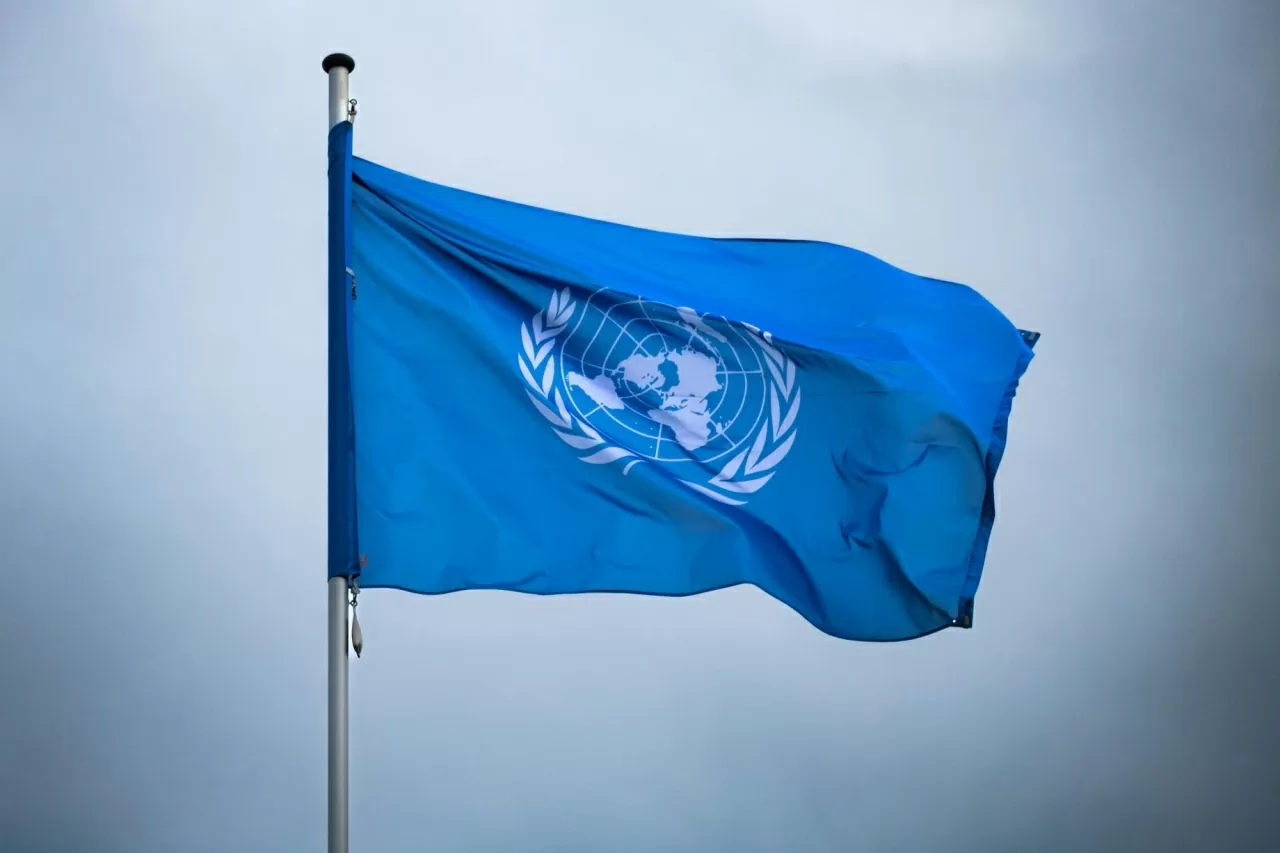

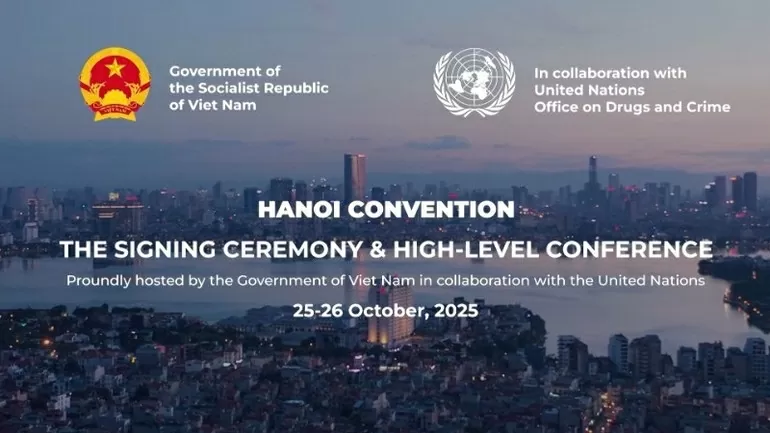
![[Photo] 60th Anniversary of the Founding of the Vietnam Association of Photographic Artists](/_next/image?url=https%3A%2F%2Fvphoto.vietnam.vn%2Fthumb%2F1200x675%2Fvietnam%2Fresource%2FIMAGE%2F2025%2F12%2F05%2F1764935864512_a1-bnd-0841-9740-jpg.webp&w=3840&q=75)
![[Photo] National Assembly Chairman Tran Thanh Man attends the VinFuture 2025 Award Ceremony](/_next/image?url=https%3A%2F%2Fvphoto.vietnam.vn%2Fthumb%2F1200x675%2Fvietnam%2Fresource%2FIMAGE%2F2025%2F12%2F05%2F1764951162416_2628509768338816493-6995-jpg.webp&w=3840&q=75)




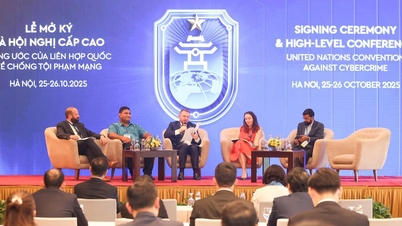

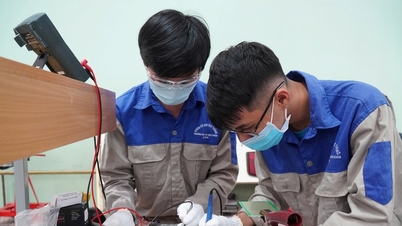

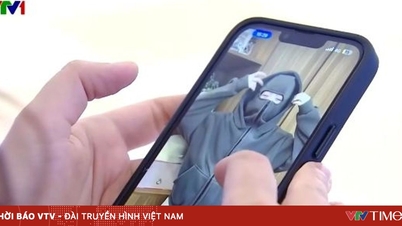

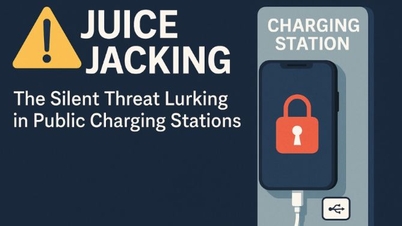

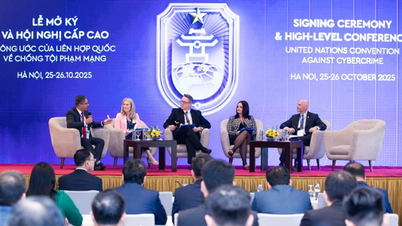
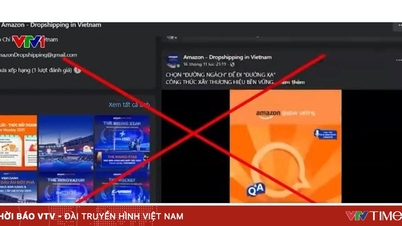
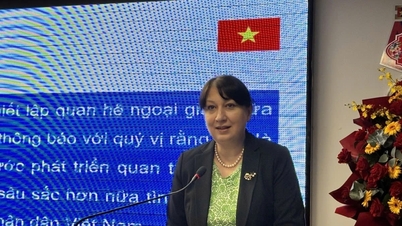


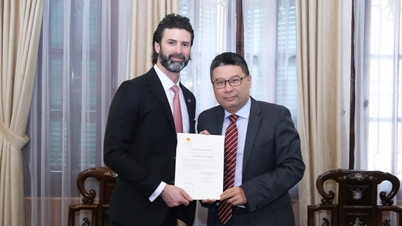
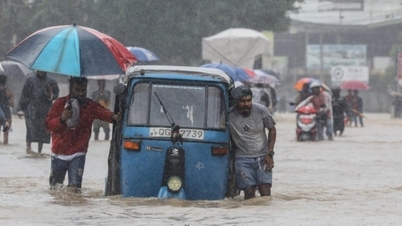
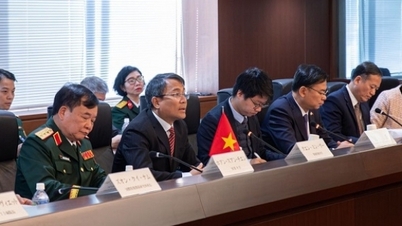
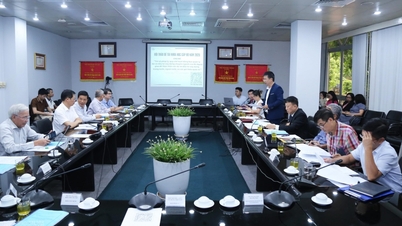




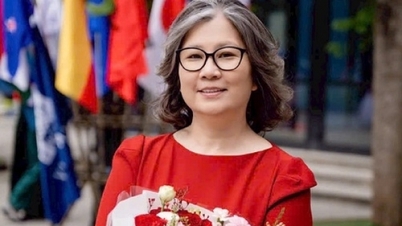
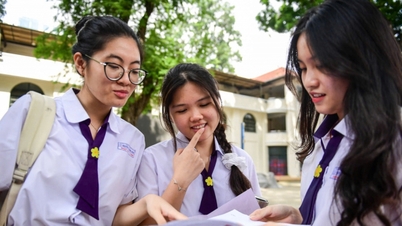
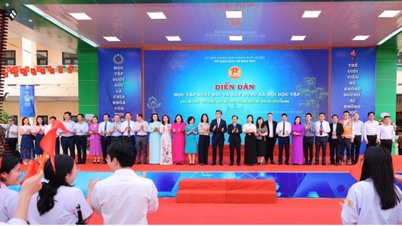
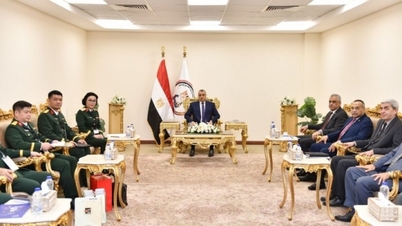
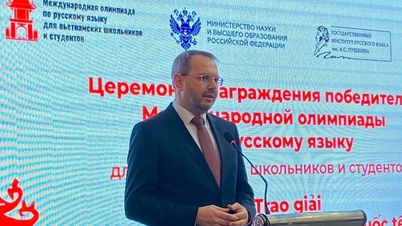
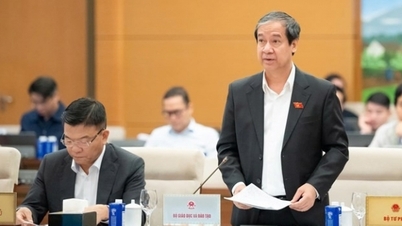










































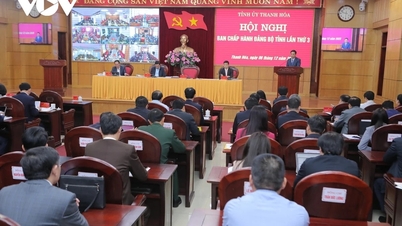





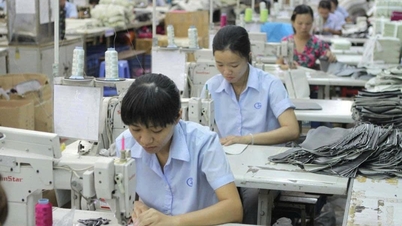
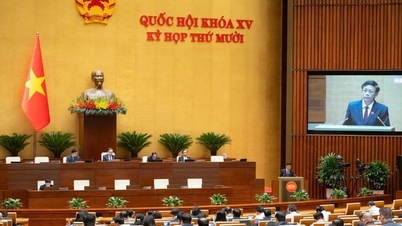



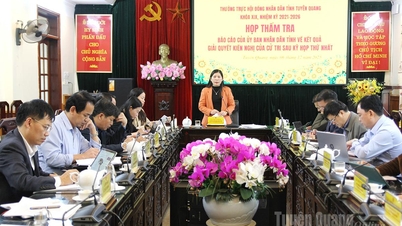

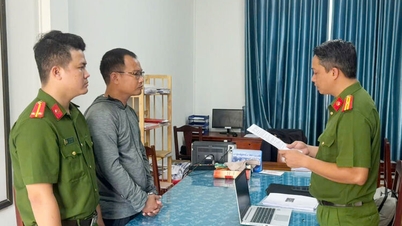

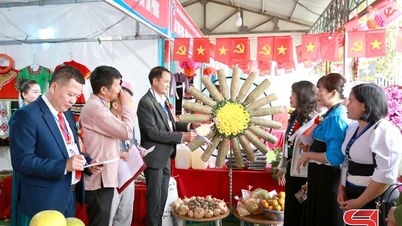

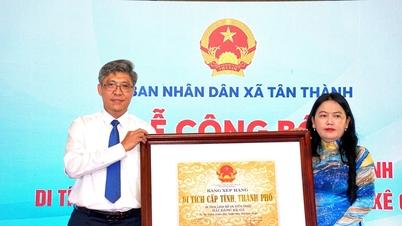

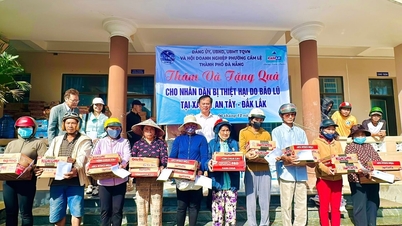
















Comment (0)